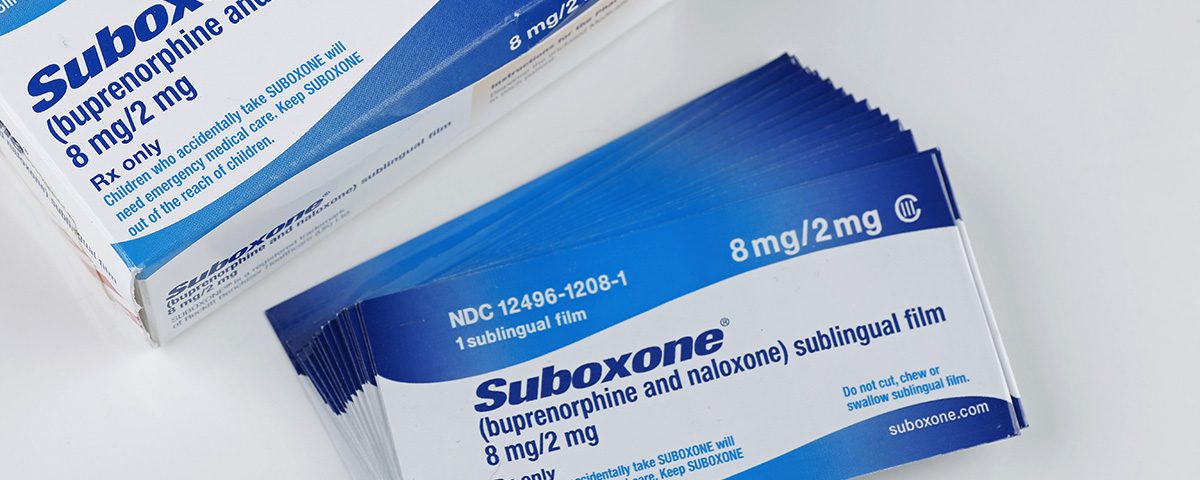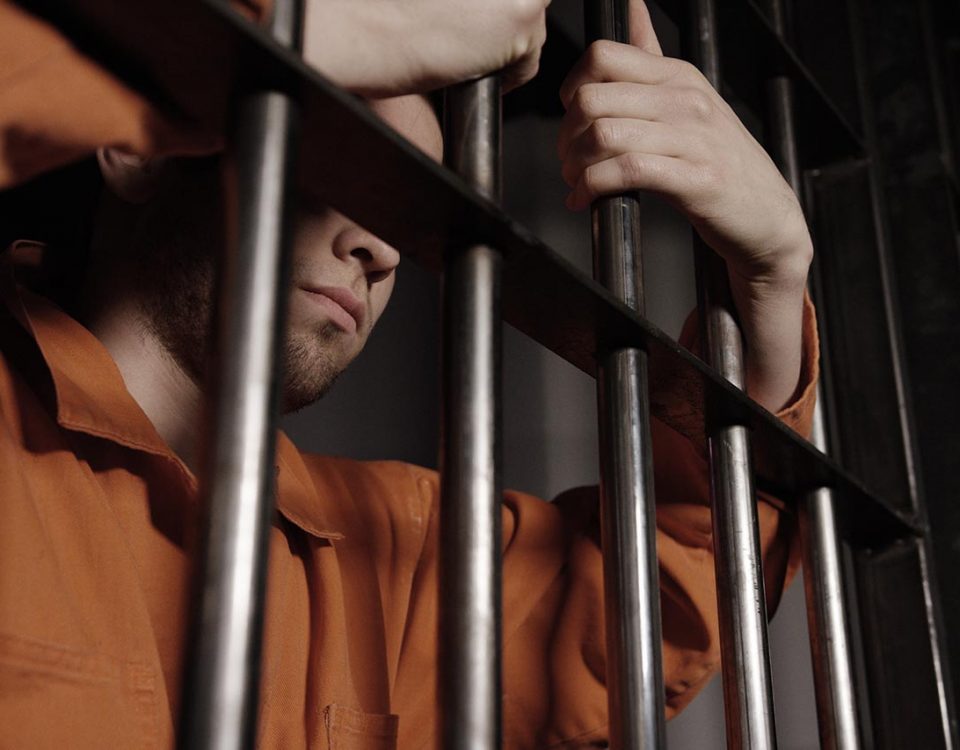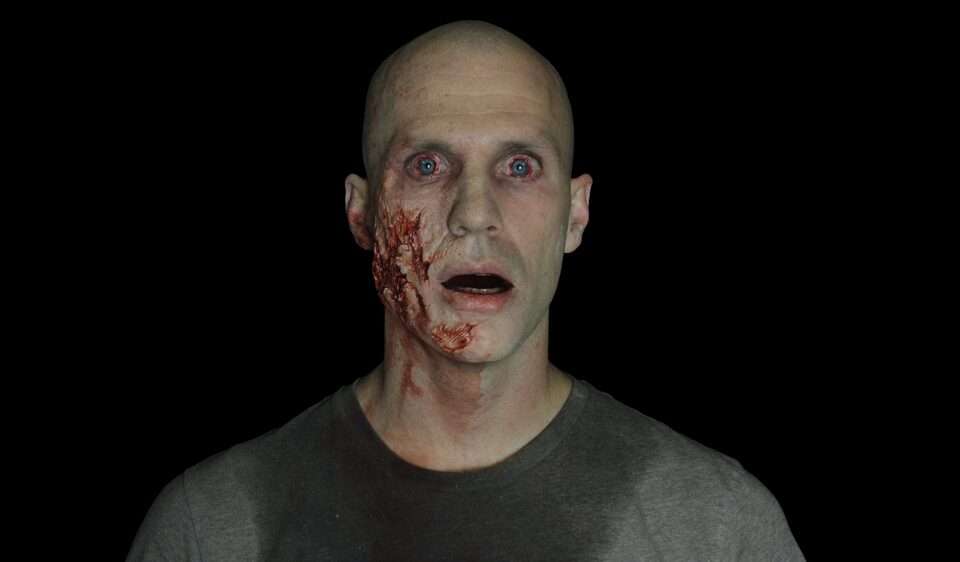Suboxone is the name of a medication that is commonly used in the treatment of opioid addiction. It is a prescription drug that contains naloxone and buprenorphine and is effective in managing cravings and withdrawal symptoms in users. A question that many people ask is, “How long does Suboxone stay in your system?” There are issues of metabolization and half-life that come into play, but below, you can learn the answer to the question and more with Banyan Treatment Center Palm Springs.
How Does Suboxone Work?
Suboxone works by binding to the same receptors in the brain that other opioids bind to, albeit producing a significantly weaker effect. This effectively helps to reduce the many challenging symptoms of opioid withdrawal and drug cravings, acting as a tool on the belt of addiction treatment professionals and their patients. Buprenorphine is a partial opioid agonist, which means it can produce some of the effects of opioids but to a lesser degree. Naloxone is an opioid antagonist, which means it can block the effects of opioids.
Like with practically any substance, it is still possible to develop a tolerance or dependence on Suboxone if not carefully monitored. Although not common, it may also be possible to overdose on it as well. Once this occurs, it will likely take longer for the drug to clear out of a person’s system. But exactly how long does Suboxone stay in your system? The answer is not quite as clear-cut as you might think.
Suboxone Half-Life and Timeline
In general, Suboxone has a half-life of approximately 24 to 48 hours, which means it takes the body that amount of time to eliminate half of the medication. However, it can take up to 10 days for the medication to be fully eliminated from the body. It is also worth considering that there are different types of drug tests that will continue to detect the substance at different lengths of time. For instance, it can be detected in saliva from a few days to a week, in the urine for up to 2 weeks, and in the hair follicles for as long as 3 months.
The amount of time that Suboxone stays in the body can vary depending on several factors, including:
- Metabolism: Individuals with a faster metabolism may eliminate Suboxone more quickly than those with a slower metabolism.
- Dosage: Higher doses of Suboxone may take longer to be eliminated from the body than lower doses.
- Length of use: Individuals who have been taking Suboxone for a longer period of time may take longer to eliminate the medication from their bodies.
Suboxone Withdrawal Symptoms
As the substance leaves the body, it is also possible for withdrawal symptoms to occur. These symptoms can range in severity from mildly uncomfortable to downright life-threatening in some cases.
Symptoms of Suboxone withdrawal include:
- Abdominal cramps
- Anxiety
- Diarrhea
- Fatigue
- Insomnia
- Irritability
- Muscle aches
- Nausea
- Panic attacks
- Runny nose
- Sweating
- Tremors
- Vomiting
- Yawning
For those struggling with any of the symptoms listed above, our California detox center offers an opioid withdrawal program that can help you achieve healing. Once this is accomplished, patients of our Palm Springs rehab have the opportunity to pursue opioid addiction treatment that can comprehensively address the habits that led to these issues in the first place.
For more information about potential drug addiction help in California, call Banyan Palms Springs today at 888-280-4763.
Related Reading









